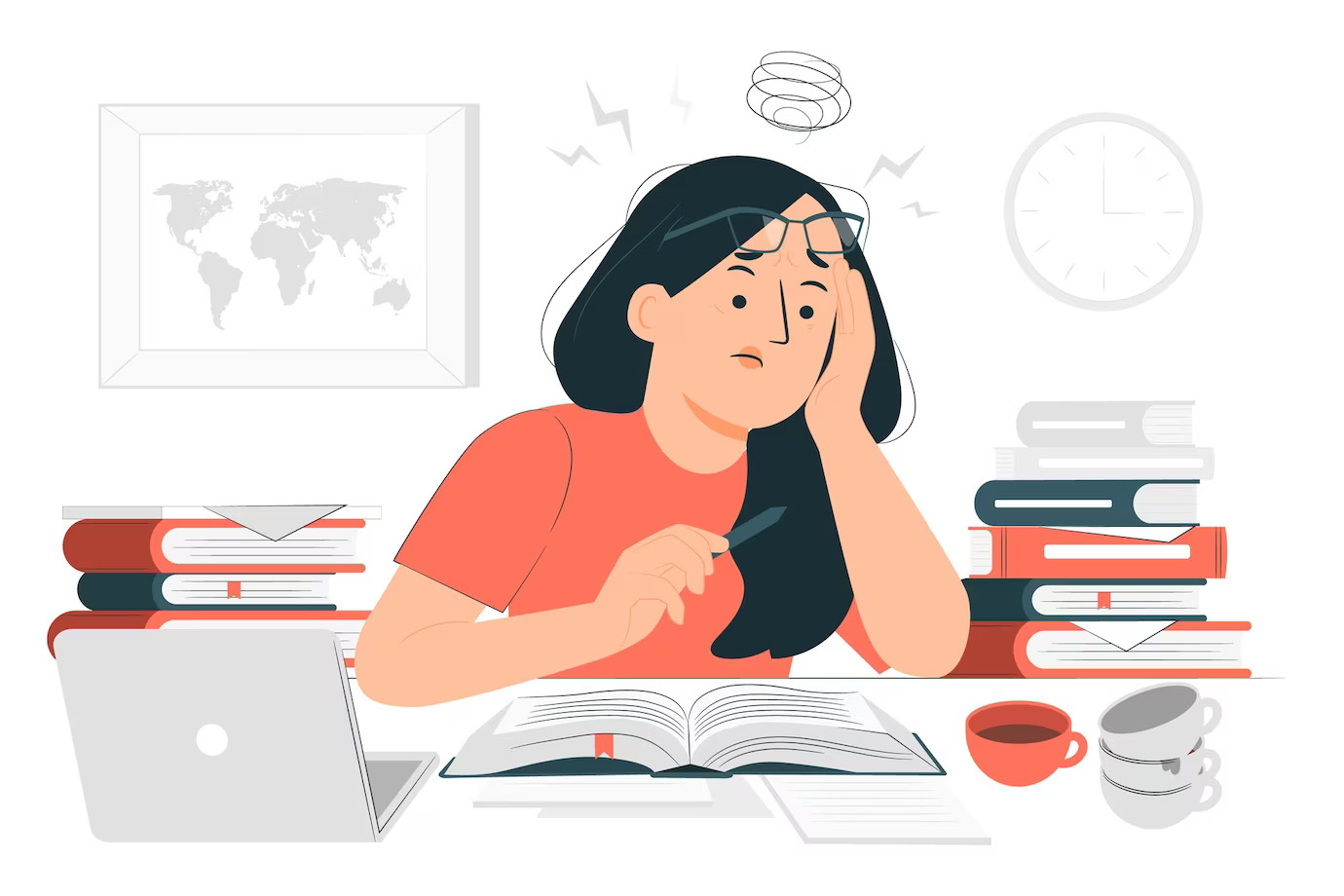Depression, often referred to as major depressive disorder, is a common and serious mental health condition characterized by persistent feelings of sadness, hopelessness, and a lack of interest or pleasure in activities that were once enjoyed. It goes beyond normal fluctuations in mood and can affect various aspects of a person’s life, including their thoughts, emotions, and physical well-being.
college students depression is good or bad
College students depression is not inherently good or bad. It’s a concerning and challenging issue that can have negative consequences on a student’s well-being and academic performance. However, it’s essential to acknowledge that depression is a mental health condition, and it’s not something a person chooses or desires. Instead of labeling it as good or bad, it’s more productive to focus on understanding, addressing, and supporting individuals who may be experiencing Sadness during their college years.
Exploring the Reasons for College Students’ Depression
“Online counsellor” can provide healing and support for students suffering from depression.
Here are some key reasons for college students’ depression:
- Academic Pressure: The demanding academic workload, high expectations for success, and fear of failure can lead to immense stress and anxiety, potentially triggering depression.
- Financial Stress: The financial burden of tuition, textbooks, and living expenses can be overwhelming for many students, especially when coupled with student loan debt and limited job prospects.
- Social Isolation: College can be a time of transition, and students often leave behind their established support networks. This sense of isolation can contribute to feelings of loneliness and Sadness.
- Adjustment Challenges: Adapting to a new environment, making new friends, and managing newfound independence can be overwhelming, leading to emotional distress.
- Sleep Deprivation: Irregular sleep patterns, often due to late-night studying or social activities, can disrupt circadian rhythms and contribute to mood disorders.
- Substance Abuse: Some students turn to alcohol or drugs as a way to cope with stress or social pressures, which can exacerbate depressive symptoms.
- Perfectionism: Striving for perfection in academics or extracurricular activities can lead to chronic stress and self-criticism, fostering depressive thoughts.
- Lack of Work-Life Balance: Balancing coursework, part-time jobs, internships, and social life can leave little time for self-care, increasing the risk of depression.
- Uncertainty About the Future: Concerns about post-graduation plans, job prospects, and career choices can create significant anxiety and depressive symptoms.
- Mental Health Stigma: The stigma surrounding mental health issues may discourage some students from seeking help, exacerbating their condition.
- Family Expectations: Pressure to meet family expectations and fulfill academic or career goals can contribute to feelings of inadequacy and Sadness.
- Homesickness: Being away from home and missing the support of family and familiar surroundings can lead to feelings of sadness and homesickness.
- Trauma or Past Experiences: Some students may have experienced traumatic events or have a history of mental health issues that can resurface during their college years.
- Limited Access to Mental Health Services: Overburdened counseling centers and limited access to mental health services on campus can make it challenging for students to get the help they need.
- Social Comparison: Constant exposure to others’ achievements on social media can lead to feelings of inadequacy and contribute to depressive thoughts.
Understanding these factors is essential for colleges and universities to provide effective support systems, destigmatize seeking help, and create environments that prioritize students’ mental well-being.
Exploring the Symptoms of College Student Depression
The “best psychologists in India” can help college students relieve concerns and heal from depression. Here are some common symptoms:
- Persistent Sadness or Low Mood: Feeling persistently sad, down, or experiencing a general feeling of emptiness that lasts for an extended period of time.
- Loss of Interest or Pleasure: Losing interest in activities that were previously enjoyable or finding it difficult to experience pleasure in things that used to be satisfying.
- Changes in Sleep Patterns: Significant changes in sleep habits, such as insomnia (difficulty falling asleep or staying asleep) or hypersomnia (excessive sleepiness or prolonged sleeping).
- Changes in Appetite or Weight: Significant changes in appetite leading to noticeable weight loss or gain. This may be accompanied by changes in eating habits.
- Fatigue or Loss of Energy: Feeling constantly tired, lacking energy, and experiencing a sense of physical and mental exhaustion.
- Difficulty Concentrating or Making Decisions: Finding it hard to focus on tasks, make decisions, or think clearly. This can lead to academic difficulties.
- Feelings of Worthlessness or Guilt: Experiencing persistent feelings of inadequacy, worthlessness, or excessive guilt over past events or perceived failures.
- Physical Aches and Pains: Experiencing unexplained physical symptoms like headaches, stomachaches, or muscle tension.
- Social Withdrawal: Avoiding social interactions, isolating oneself from friends and family, or avoiding activities that were previously enjoyed.
- Irritability or Restlessness: Feeling easily irritated, agitated, or restless, even over minor issues.
- Deterioration in Academic Performance: A noticeable decline in academic performance, including missing classes, failing assignments, or dropping out of activities.
conclusion
It’s important to remember that experiencing some of these symptoms doesn’t necessarily mean someone is clinically depressed. However, if a person is experiencing several of these symptoms for an extended period of time, it’s crucial to seek help from a mental health professional or a trusted person in their support network.

